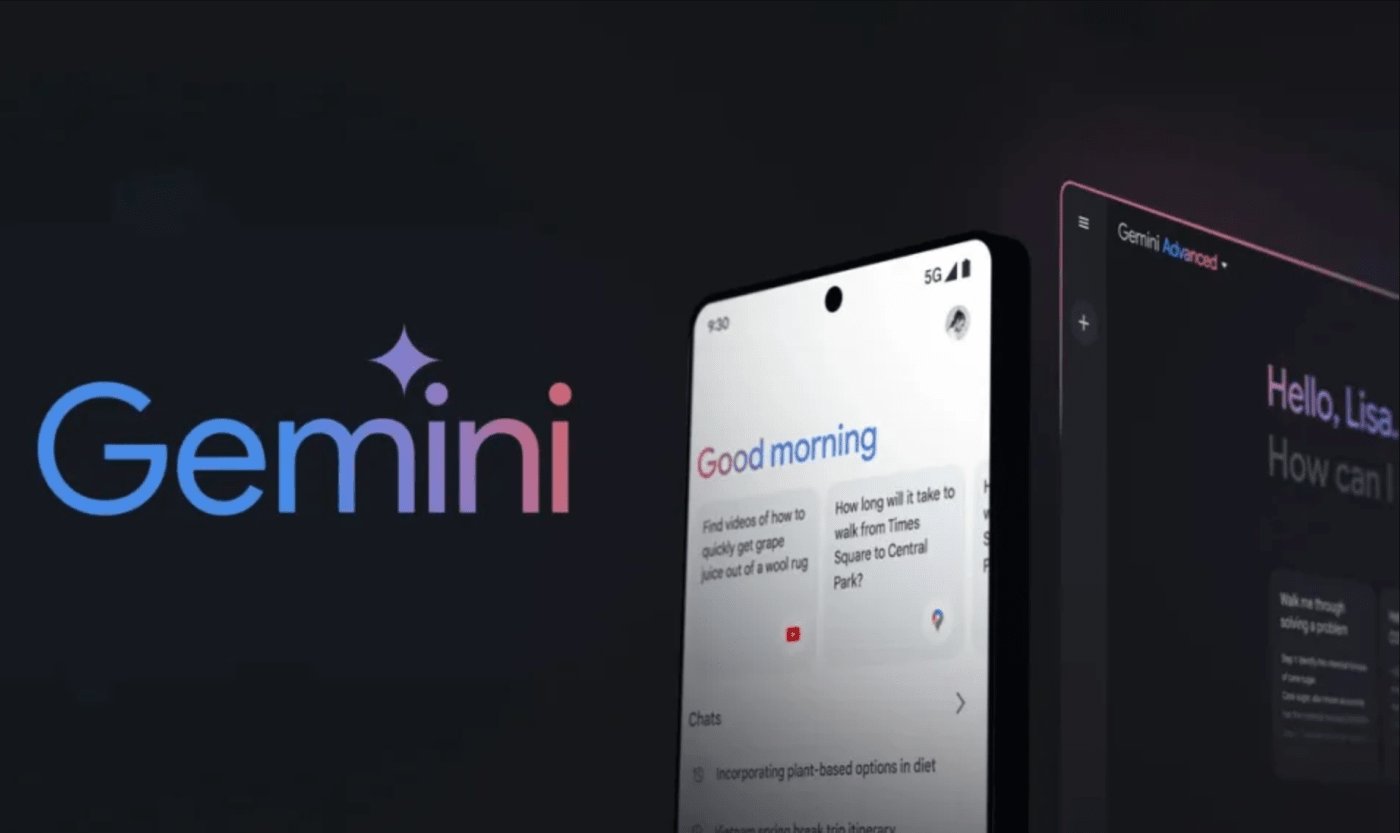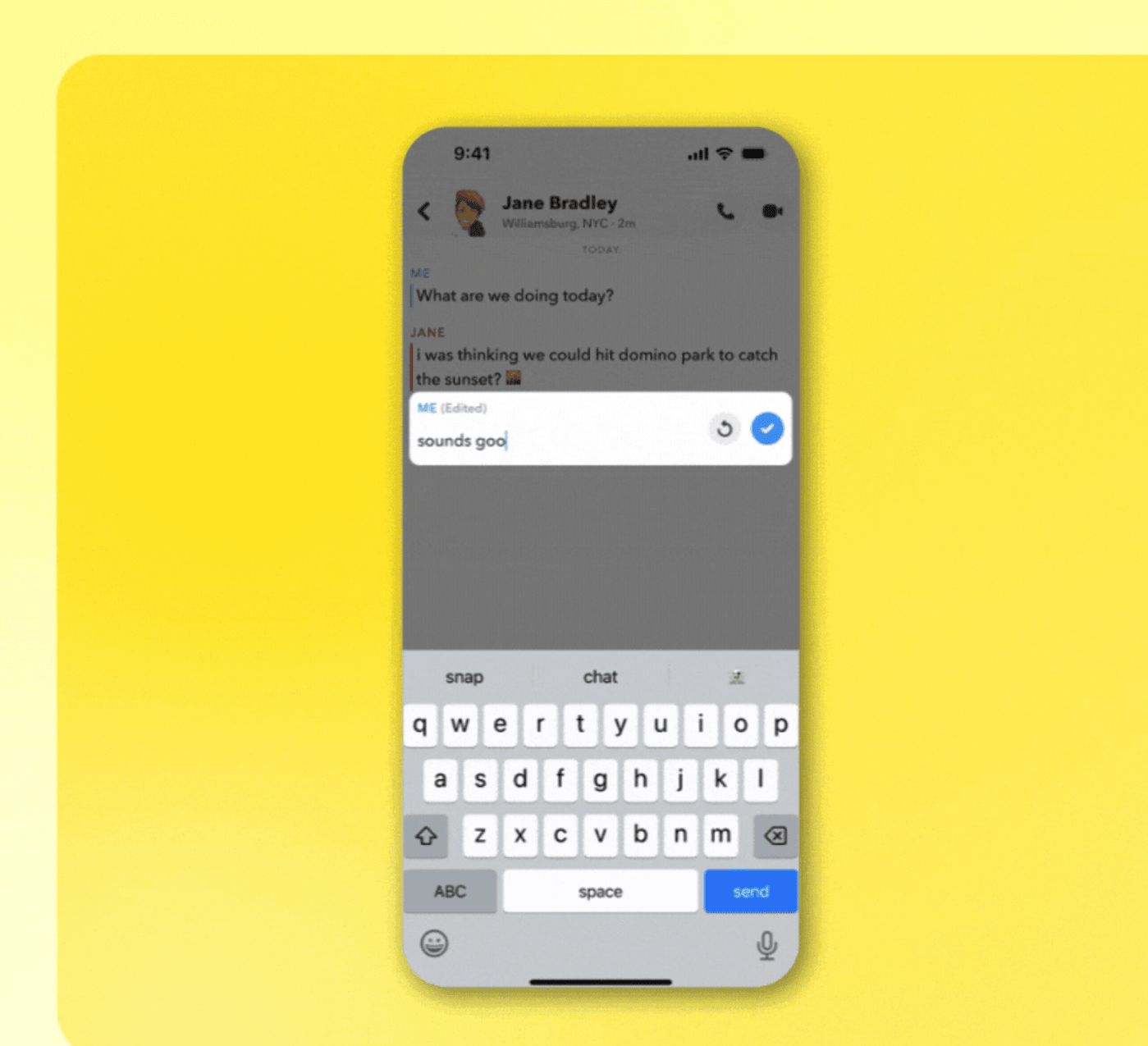Apple is fighting Tencent and ByteDance over in-app payments in China
Apple has been pressuring ByteDance and Tencent to close loopholes in China that funnel customers to external payment systems for making in-app purchases, according to a report by Bloomberg. Anyone living in the West knows the drill here. Apple wants that 30 percent commission.
Reporting indicates this pressure campaign began in May. Apple allegedly warned Tencent that it would reject crucial WeChat updates if it didn’t eliminate the ability for users to make payments outside of Apple’s ecosystem. Tencent complied with the original request, issuing an update in July, but Apple went one step further.
WeChat is home to thousands of third-party mini-games and experiences. Apple asked Tencent to disable in-game chat between creators and players, as that's another theoretical loophole that could funnel users to third-party payment systems. Tencent has yet to agree to this request.
Back in June, Apple reportedly did something similar with ByteDance. It threatened to withhold updates of Douyin, which is basically the Chinese version of TikTok, unless it plugged any gaps that steer users away from that much-coveted 30 percent commission. According to Bloomberg, ByteDance has yet to issue a formal response.
These are aggressive moves on the part of Apple. China is the world’s largest smartphone market, sure, but the iPhone isn’t the dominant brand throughout the country. As a matter of fact, the phone failed to crack the top five in sales last quarter and the company recently experienced a 6.5 percent decline in profits.
It’s also worth noting that both ByteDance and Tencent aren’t happy corporate warriors looking out for the little guy. These massive companies levy their own commissions on creators and likely didn’t want Apple cutting into their bottom lines.
An Apple spokesperson was unusually blunt in a statement to Bloomberg, simply saying that company guidelines dictate that the sale of all digital goods must go through its system and that the review team has the power to reject app submissions that violate that policy. Neither Tencent or ByteDance issued a comment to Bloomberg.
China, like the rest of the world, has been cracking down on walled gardens like Apple’s App Store. Despite the country’s hesitance to continue allowing closed ecosystems controlled by a single entity, Apple CEO Tim Cook is bullish about its prospects in China. “We continue to be confident in the long-term opportunity in China,” he said during a recent earnings call. “I don’t know how every chapter of the book reads, but we’re very confident in the long term.”
Apple is facing numerous legal hurdles all over the world regarding its Hungry Hungry Hippos approach to gobbling up commission fees. The European Commission issued a ruling that dictates it must allow app developers to steer users to payment systems and offers outside of the App Store. The company also faces potential fines from the EU, to the tune of ten percent of global annual revenue. As for the US, Epic sued Apple over its developer transaction fee policy and many other companies have expressed their own concerns. It's also worth nothing that Tencent owns a 40 percent stake in Epic Games.
This article originally appeared on Engadget at https://www.engadget.com/apple-is-fighting-tencent-and-bytedance-over-in-app-payments-in-china-155949462.html?src=rss

© Unsplash / Sumudu Mohottige






